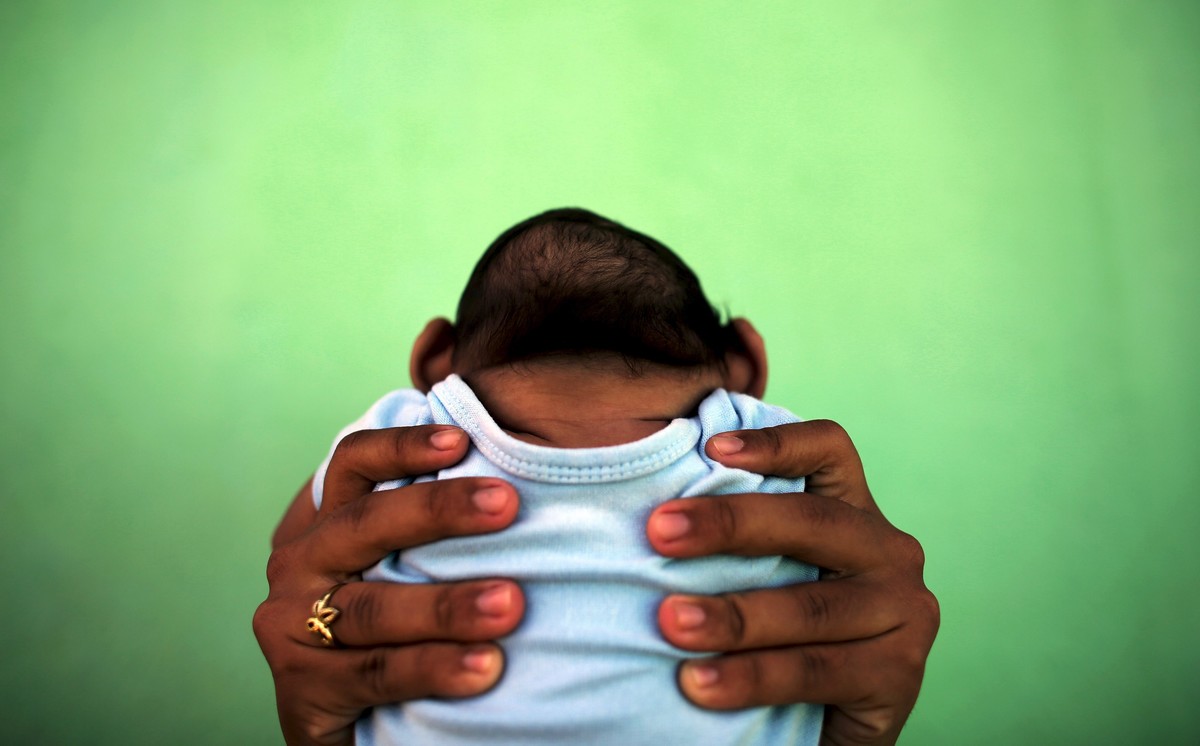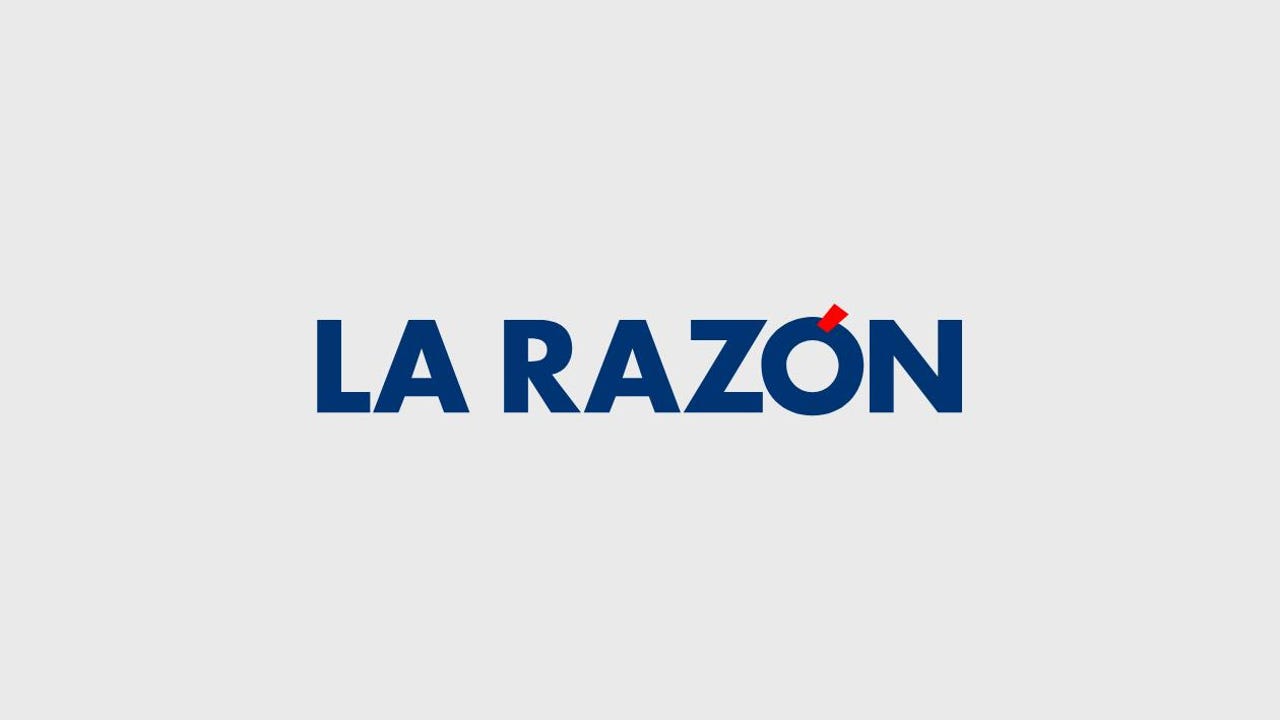Translation Google
Amounting to 132 cases of Zika in Spain, 19 are pregnant women
EFE. 05/30/2016 - 16: 36h The number of cases diagnosed in Spain of the Zika virus has increased from 124 to 132, all imported, of which 19 are for pregnant women, two more than last week.
Although the clinical picture of this virus is mild, in the case of pregnant there is high suspicion it may cause microcephaly or other neurological disorders in infants. In fact, in early May in Catalonia it was detected the first case in Spain of microcephaly of a fetus whose mother was infected of the virus.
Nineteen of the 132 cases confirmed so far by the Ministry of Health in its web are women who were pregnant at the time of taking the samples.
According to the Ministry, all confirmed cases through the National Epidemiological Surveillance Network are in people who had traveled to affected countries, so it is imported cases.
Of the total diagnosed, 48 patients are in Catalonia, 31 in Madrid, 12 in Aragon, 10 in Castilla and Leon, 6 in Valencia, 5 Galicia 3 in Navarra, 3 in Andalusia, 3 in the Canary Islands, 3 Balearic islands, 2 in Asturias, 2 in Murcia, 2 in La Rioja, 1 in the Basque Country and one in Castilla-La Mancha.
http://www.20minutos.es/noticia/2759...-15&xts=467263
Amounting to 132 cases of Zika in Spain, 19 are pregnant women
EFE. 05/30/2016 - 16: 36h The number of cases diagnosed in Spain of the Zika virus has increased from 124 to 132, all imported, of which 19 are for pregnant women, two more than last week.
Although the clinical picture of this virus is mild, in the case of pregnant there is high suspicion it may cause microcephaly or other neurological disorders in infants. In fact, in early May in Catalonia it was detected the first case in Spain of microcephaly of a fetus whose mother was infected of the virus.
Nineteen of the 132 cases confirmed so far by the Ministry of Health in its web are women who were pregnant at the time of taking the samples.
According to the Ministry, all confirmed cases through the National Epidemiological Surveillance Network are in people who had traveled to affected countries, so it is imported cases.
Of the total diagnosed, 48 patients are in Catalonia, 31 in Madrid, 12 in Aragon, 10 in Castilla and Leon, 6 in Valencia, 5 Galicia 3 in Navarra, 3 in Andalusia, 3 in the Canary Islands, 3 Balearic islands, 2 in Asturias, 2 in Murcia, 2 in La Rioja, 1 in the Basque Country and one in Castilla-La Mancha.
http://www.20minutos.es/noticia/2759...-15&xts=467263







Comment